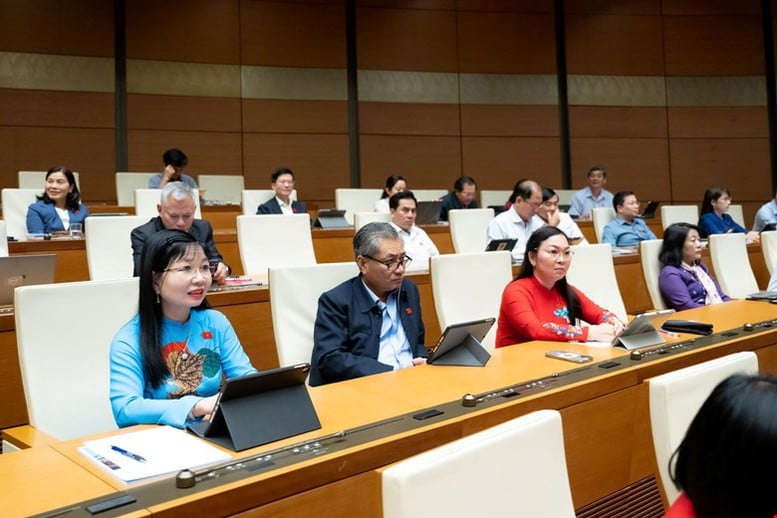
The National Assembly discussed in the hall the draft Law on Civil Servants (amended)
On the morning of November 13, continuing the 10th session, the National Assembly discussed in the hall the draft Law on Civil Servants (amended).
One of the notable new contents that attracted many opinions from National Assembly deputies is the regulation expanding the rights of civil servants, allowing them to sign contracts to carry out professional activities, participate in capital contributions, and manage enterprises, cooperatives, educational and medical establishments, and non-public scientific research organizations.
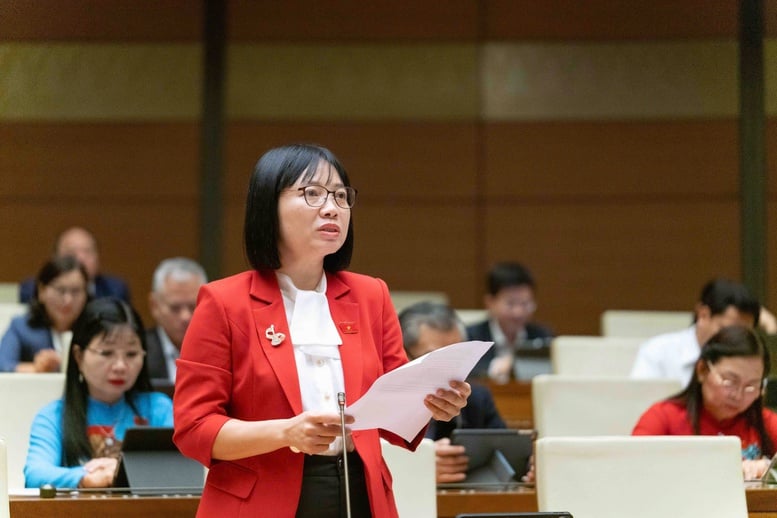
Delegate Nguyen Thi Viet Nga ( Hai Phong Delegation) gave her opinion in the discussion.
Appreciating the spirit of openness and creating conditions for civil servants to promote their capacity, delegate Nguyen Thi Viet Nga (Hai Phong Delegation) said that this is a progressive regulation, in line with the development trend, contributing to taking advantage of the "brainpower" and professional qualifications of civil servants in the private sector.
Expanding this right, according to delegates, will encourage civil servants to be more proactive in their work, motivating them to contribute more to society.
However, along with the expansion of this right, it is necessary to tighten regulations on control mechanisms and anti-corruption. Delegate Nguyen Thi Viet Nga said that without control measures, civil servants working in the public sector while participating in the management and operation of private enterprises in the same field could lead to conflicts of interest, and even be exploited for personal gain.
Therefore, delegates proposed that there should be regulations not allowing management officials to participate in the management and operation of private businesses and activities in the same field in which they are working; and regulations on the mechanism for declaration, transparency, supervision and accountability of capital contribution and management participation of officials in the private sector, especially for management officials.
Sharing the same view, delegate Cao Thi Xuan (Thanh Hoa Delegation) said that the regulation allowing civil servants to sign professional contracts and participate in business is necessary, in order to take advantage of their capacity and professional experience to serve society, especially in specialized fields such as health and education. This not only helps increase legitimate income for civil servants, but is also consistent with the policy of innovation and promoting all resources for national development.
However, she also said that the draft Law, although "open" in rights, is "lacking in" obligations.
“Without a strict monitoring mechanism, it could lead to the consequence that key tasks are neglected and the quality of essential public services is not guaranteed,” said delegate Cao Thi Xuan.
Therefore, she suggested that the drafting agency carefully review and supplement regulations to ensure that civil servants complete their public duties well before participating in outside activities, and at the same time assign the Government to provide detailed regulations to ensure feasibility, effectiveness and efficiency in management.
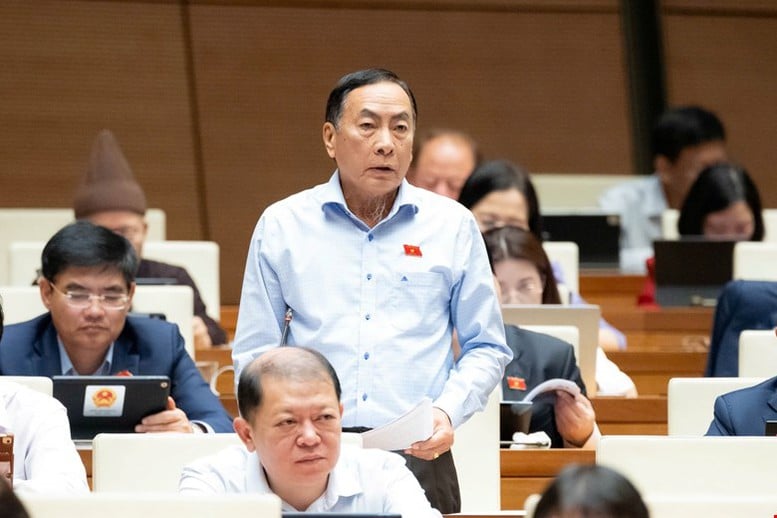
Delegate Pham Van Hoa (Dong Thap delegation) gave his opinion during the discussion - Photo
Delegate Pham Van Hoa (Dong Thap) commented that if leaders of public service units both manage internal affairs and have economic interests in outside enterprises, they may be biased in management, favoring the fields or units in which they have capital.
According to the delegate, only officials and deputies of the head should be allowed to sign work contracts or participate in outside economic activities. As for the head, it must be absolutely restricted, because their position is directly linked to management power and there is a risk of taking advantage of their position if they are allowed to participate in business.
Delegate Nguyen Tam Hung (Ho Chi Minh City Delegation) said that expanding the rights of civil servants is necessary, but at the same time, it is necessary to clearly stipulate the obligation to declare, report and get written approval from the head before signing, and at the same time stipulate a "cooling off" period of at least 24 months after leaving the management position before being allowed to participate in managing a private organization in the same field.
“This will help ensure transparency and avoid transferring benefits from the public sector to the private sector,” Mr. Hung emphasized.
Delegates proposed to clearly stipulate that "civil servants are not allowed to invest, contribute capital, operate or guarantee for enterprises or organizations in the same field of expertise as their unit".
"Such an expansion of the ban aims to prevent the situation of 'one foot in, one foot out', avoiding conflicts of interest, especially in the fields of health, education, and scientific research - where the boundaries between public service and private interests are easily confused," said delegate Nguyen Tam Hung.
However, delegate Tran Van Lam (Bac Ninh delegation) had a different opinion. The delegate analyzed that, in reality, if an official is very good at working in that field, he will develop it in that field to expand outside. If there are restrictions, only allowing business activities in fields that are not his forte or advantage, it is no different from "giving but not giving", "if you can't manage, then ban".
Emphasizing this, Delegate Tran Van Lam said that "the core issue is to establish a management mechanism in those public service establishments, so that they cannot be exploited for personal gain."
Thu Giang
Source: https://baochinhphu.vn/dai-bieu-quoc-hoi-de-nghi-lam-ro-quyen-vien-chuc-tham-gia-doanh-nghiep-102251113114101556.htm



![[Photo] Deep sea sand deposits, ancient wooden ship An Bang faces the risk of being buried again](https://vphoto.vietnam.vn/thumb/1200x675/vietnam/resource/IMAGE/2025/11/13/1763033175715_ndo_br_thuyen-1-jpg.webp)






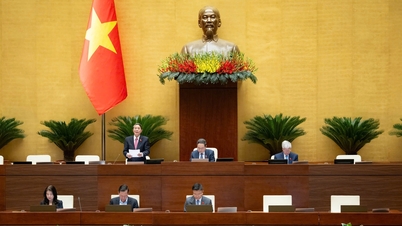

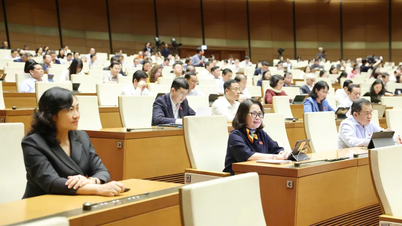

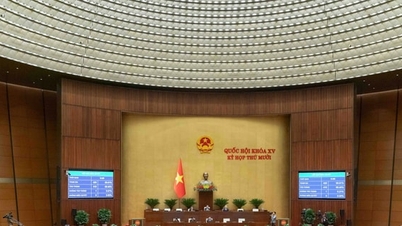



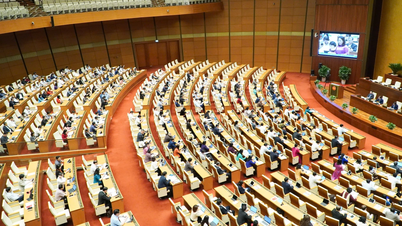











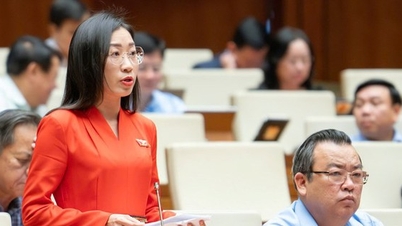
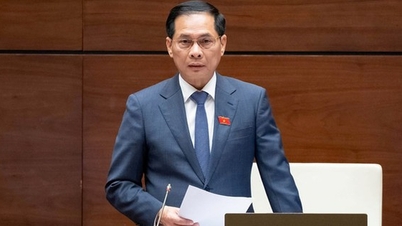
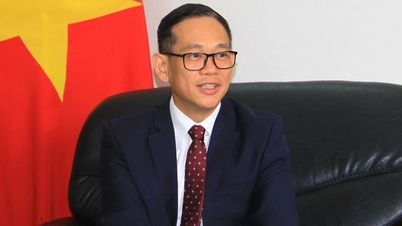

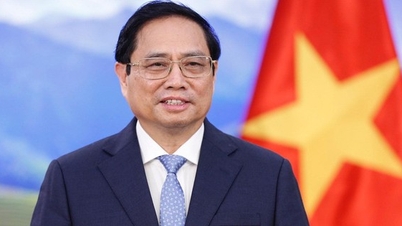





































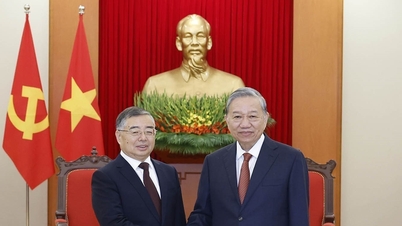
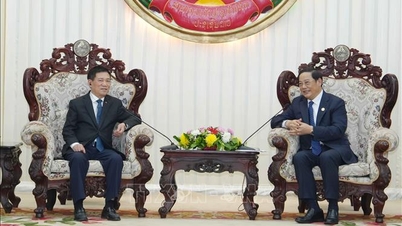





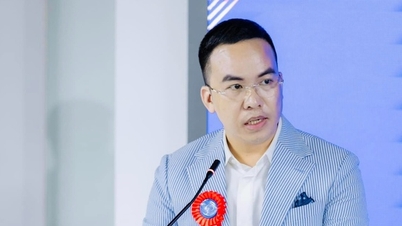
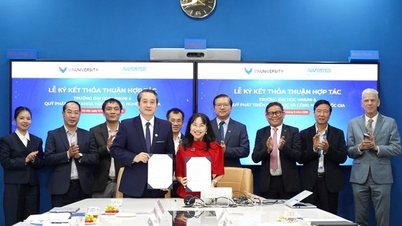

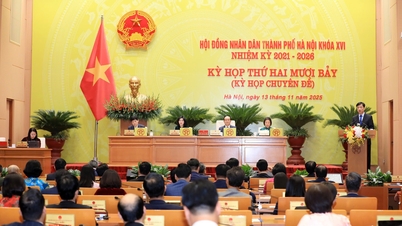

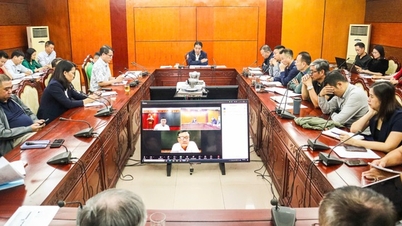

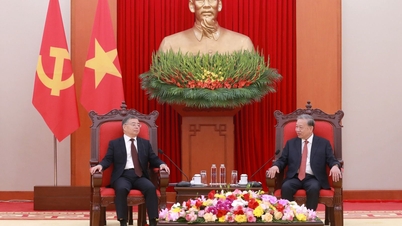


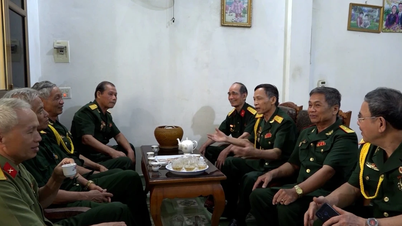


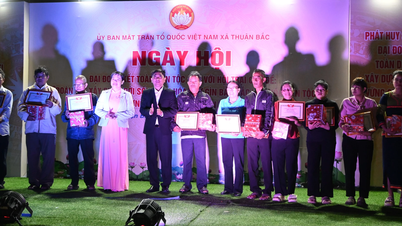
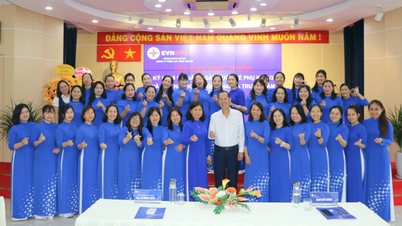
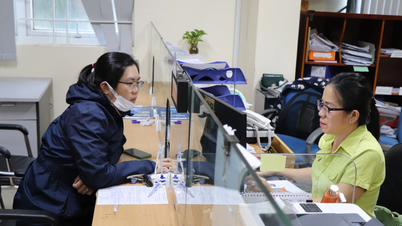




![Dong Nai OCOP transition: [Article 3] Linking tourism with OCOP product consumption](https://vphoto.vietnam.vn/thumb/402x226/vietnam/resource/IMAGE/2025/11/10/1762739199309_1324-2740-7_n-162543_981.jpeg)







Comment (0)